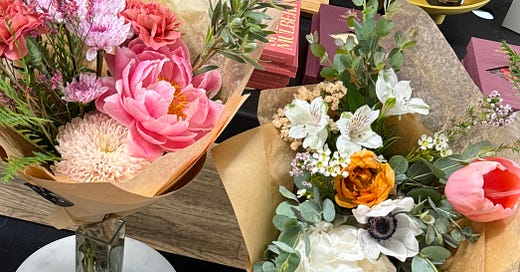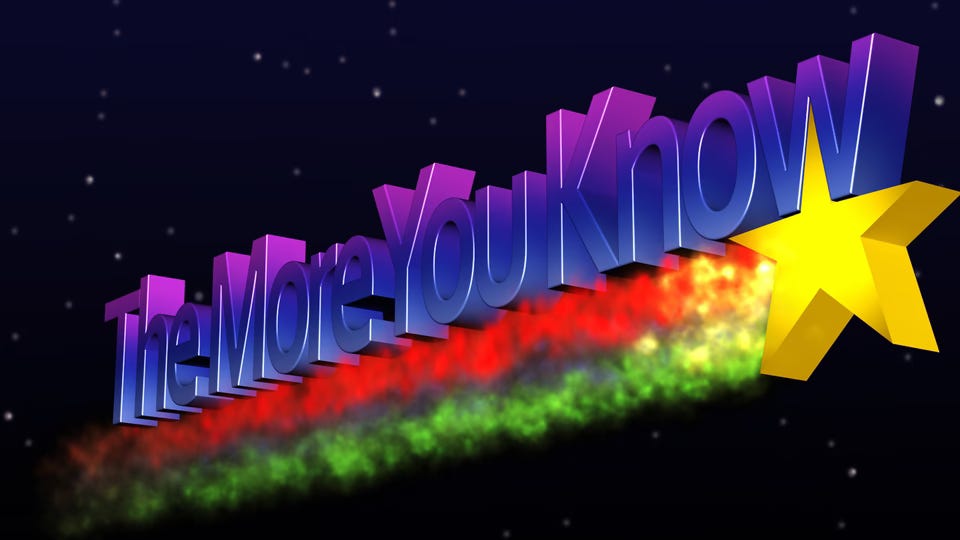It’s Mother’s Day, so whatever today means to you in your personal relationship to the day, it’s a great day to celebrate cheese.
Simply put, we don’t have cheese if we don’t have milk, and we don’t have milk if we don’t have mothers.
Cows, like humans, only give milk after they’ve had a baby. In fact, even though the term “cow” has become the blanket word for identifying all cattle, cows are only female cattle, and only after giving birth. Female cattle that have not given birth are called heifers.
I am new member on the board of Meeting of the Milkmaids, an annual gathering of women in cheese and dairy. During the lunch break at our most recent gathering last week, I was having a wonderful conversation with a new friend who is a cheesemaker and a doula. She has facilitated and supported many births, so much so that she’s taken some time off from cheesemaking.
You don’t find many doulas at cheese gatherings, which speaks to the incredible diversity in skill and background this group has, but the connection feels very clear.
Both are very nurturing roles. You are supporting the creation of something delicate, and it takes a really specific temperament and set of skills to do either (and especially both) well.
Good cheese is a celebration of nature, people, and life of a specific time and place.
All things, in addition to the mothers in your life that you love, worth celebrating today.
Again, it is Mother’s Day, so it’s a great time to tell you how much my mom influenced I’ll Have What Cheese Having. She is really the driving force behind this book.
Below, for paying subscribers, you’ll find the an excerpt from the introduction of I’ll Have What Cheese Having. Pairing cheese with rom-coms is silly and fun, but the heart underneath is what really drove me into creating this book. Only three other people have seen this writing so far, so I’m excited to share it with you.
Keep reading with a 7-day free trial
Subscribe to Trust Your Taste to keep reading this post and get 7 days of free access to the full post archives.





